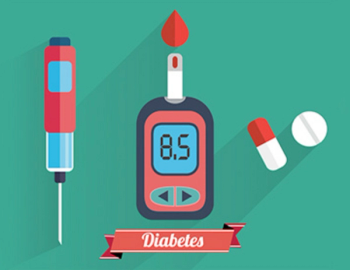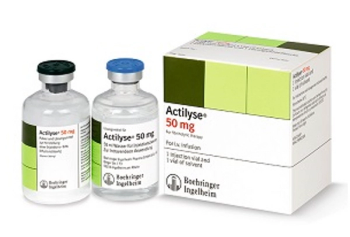
The researchers noted that new therapies have faced challenges because of this knowledge gap in CHD.

The researchers noted that new therapies have faced challenges because of this knowledge gap in CHD.

Jardiance shows reduction of 50% compared with dipeptidyl peptidase-4 inhibitors and 30% compared with glucagon-like peptide 1 receptor agonists.

Tolvaptan (Jynarque )is a selective vasopressin V2-receptor antagonist .

Medication adherence is critical to control the symptoms of congestive heart failure.

The gout medicine is a potential treatment option for individuals hospitalized for the cardiovascular condition, analysis suggests.

Sacubitril/valsartan (Entresto)reduces the risk of hospitalization and death related to cardiovascular complications in patients with heart failure.

Scientific abstracts also address findings on cardiovascular disease and population, the connection between COVID-19 and HF, and links between prognosis and marital status.

Medications are the primary cause of acquired QT-prolongation, although the exact mechanism of why some people evoke torsades de pointes but others do not is still unknown.

Metformin has been the drug of choice for the treatment of diabetes since the 1950s, but new changes suggest the consideration of SGLT-2 inhibitors or GLT-1 agonists.

Results from the DELIVER and DAPA-HF phase 3 trials demonstrate AstraZeneca’s Farxiga’s efficacy in heart failure, regardless of ejection fraction.

How would you handle these patients' questions?

Patients taking the product should consult with their physician or pharmacist to determine whether they have the affected product.

Among Black and Latina women with heart failure, negative health outcomes are magnified due to significant health disparities and inequities in the management of the chronic condition.

Dave Dixon, PharmD, discussed heart failure treatments in the pipeline and what he sees for the future of pharmacists in cardiovascular care.

Pharmacy Times spoke with Dave Dixon, PharmD, to learn more about his presentation titled “New Pharmacologic Therapies for Heart Failure.

Empagliflozin (Jardiance, Boehringer Ingelheim/Lilly) tablets are the first and only heart failure therapy to demonstrate a statistically significant risk reduction in cardiovascular death.

A 30-year analysis of more than 110,000 health professionals also suggests that replacing animal products, such as bacon, butter, and cheese, with avocado also reduces cardiovascular events.

Heat waves, which are on the rise, appear to pose particular cardiovascular risk for Black populations and men, new study results show.


It is critical for pharmacists to inquire about the use of e-cigarette or vaping products in patients that present with certain symptoms.

Last month, the FDA approved empagliflozin (Jardiance) to lower the risk of cardiovascular death and hospitalization for heart failure in adult patients.

Ten quiz questions to assess your knowledge on common treatments for heart failure.

Study results show that individuals hospitalized for acute heart failure are 36% more likely to experience clinical benefit over 90 days if initiated on the drug following stabilization.

Alteplase (Activase) is indicated for the treatment of acute ischemic stroke, acute myocardial infarction, pulmonary embolism, and blocked central venous catheter.

Empagliflozin demonstrated a statistically significant risk reduction in cardiovascular death and hospitalization for heart failure, regardless of ejection fraction.